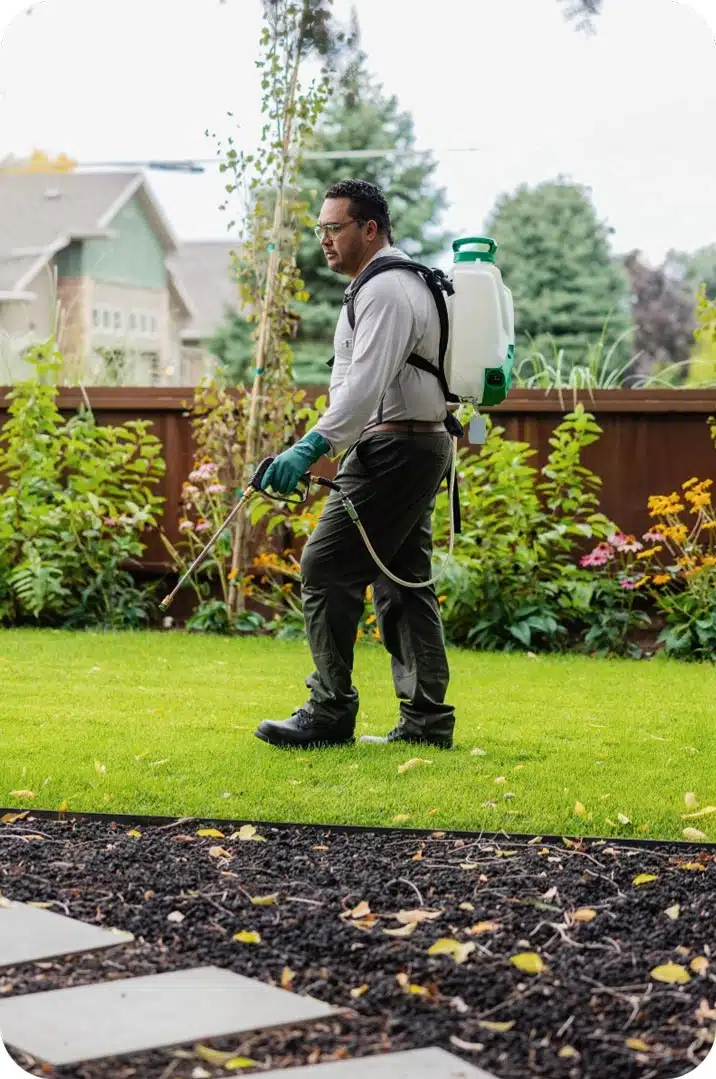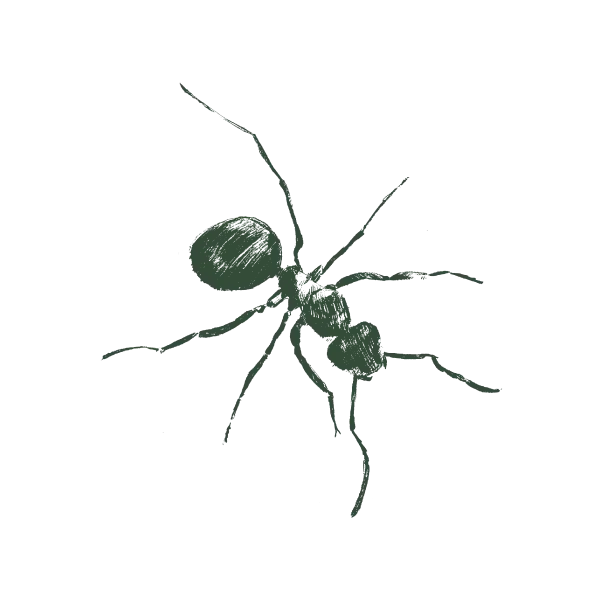Residential Pest Control Services in Midvale, UT
Welcome to Aptive, your reliable pest control solution. In Midvale, UT we provide tailored pest management services to address the challenges in your area. Whether it’s ants, spiders, or rodents, our expert technicians offer effective solutions to keep your home protected from pests.

Protecting the Beehive State from unwanted pests.
Pests like ants, spiders, and rodents of different species are fast becoming unwelcome guests across Midvale. They not only put your health in danger but also can be a menace to residents. Aptive is here to be your helping hand, with a friendly approach to pest control. Get the help you need to effectively deal with pests today!
Trusted pest experts
Member
Member
Best Places to Work
#1 Overall Pest Control
Best of State
PESP Bronze Member
Midvale Pest Control for Ants, Rodents, Cockroaches, Spiders
With the many pest treatments we provide in Midvale, UT, our team at Aptive takes the necessary precautions in managing pests and providing peace of mind to you and your family. With services on ants, rodents, cockroaches, spiders, and more, you can count on us for quality pest control treatments for your Midvale home. To get a detailed list of our services and treatments, visit our online pest library today.
Superior Pest Control in Midvale
Aptive Midvale offers personalized pest control solutions, allowing you to enjoy the outdoors, from the Jordan River Parkway to Gardner Village, without pest worries. We serve Midvale and nearby communities such as Sandy and West Jordan, ensuring comprehensive coverage. Visit our pest library for detailed pest information and our FAQ page to learn about our proactive approach to pest control.
Midvale’s Dedicated Pest Inspection
Trust Aptive to deliver a meticulous pest inspection for your Midvale home, using tailored solutions to address local pest challenges. Our mission is to help you make the most of your home and the surrounding beauty of Utah. Reach out today to begin enhancing your living environment.
Pest control in Midvale and the surrounding areas.
- Alpine
- American Fork
- Bountiful
- Brigham City
- Centerville
- Clearfield
- Draper
- Eagle Mountain
- Farmington
- Grantsville
- Heber City
- Herriman
- Hooper
- Hyde Park
- Hyrum
- Kaysville
- Layton
- Lehi
- Lindon
- Logan
- Magna
- Mapleton
- Midvale
- Midway
- Millville
- North Salt Lake
- Ogden
- Orem
- Park City
- Payson
- Pleasant Grove
- Providence
- Provo
- Riverton
- Roy
- Rush Valley
- Salem
- Salt Lake City
- Sandy
- Santaquin
- Saratoga Springs
- Smithfield
- South Jordan
- Spanish Fork
- Springville
- Syracuse
- Tooele
- Wellsville
- West Jordan
- West Valley City
- Willard
- Woods Cross
More on pest control in Midvale, UT
When do pests most commonly appear in Midvale, UT?
What are the most common household pests in Midvale, UT?
How much is pest control in Midvale, Utah?
How do you get rid of mosquitos in Midvale, UT?
Over 125,000 five-star reviews
Don’t take our word for it.
I HIGHLY RECOMMEND THE SERVICE. AND (among many) JERMAINE HIMSELF.



